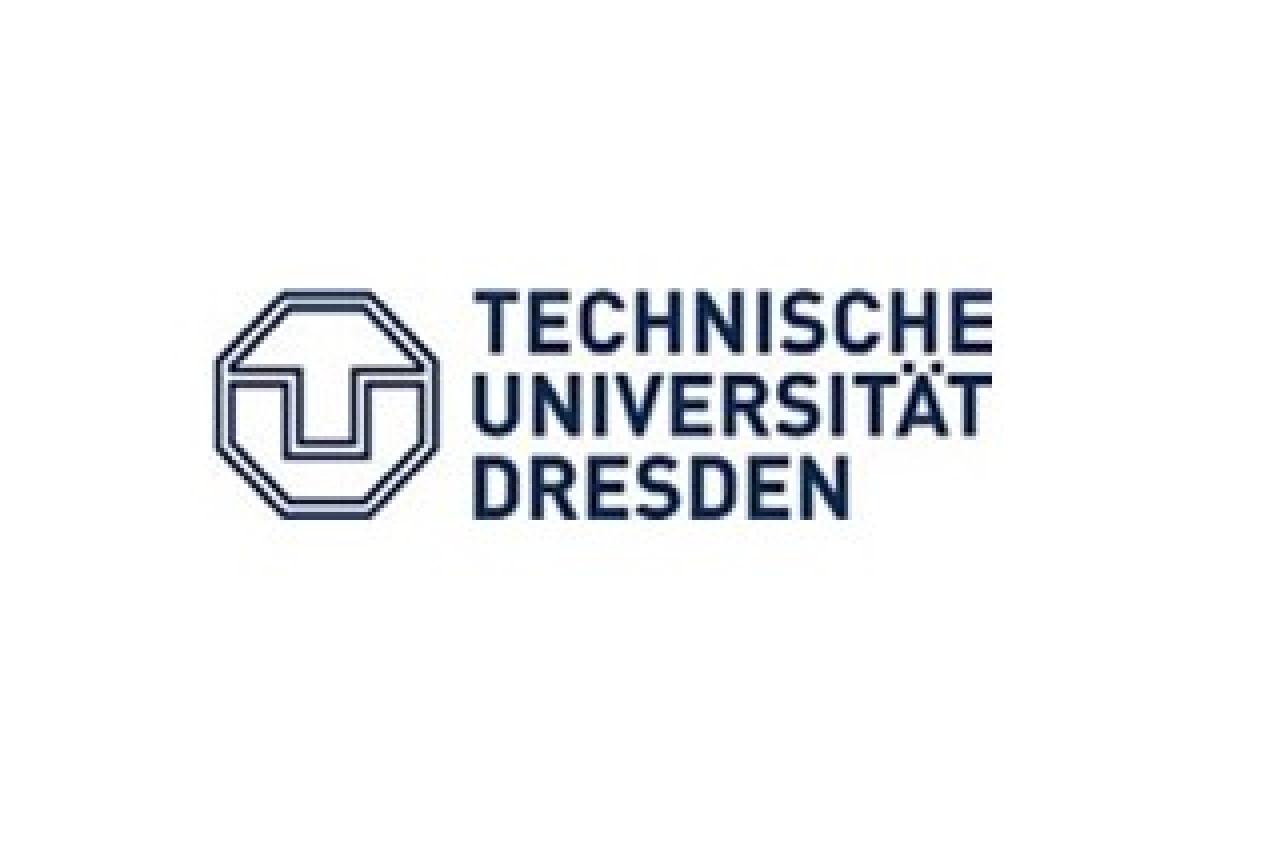P06 - Technische Universität Dresden (TUD) | Germany
Key contact person: Dr. Marion Hermann

TU Dresden, TUD, is one of the eleven German Universities identified by the German Government as ‘Universities of Excellence’. TUD has about 37000 students and almost 4400 employees, 520 Professors among them, and, thus, is the largest University in Saxony. TU Dresden is strong in research, offering first-rate programs with an overwhelming diversity and with close ties to culture, industry & society. As a modern full-status University with 14 Departments, it offers a wide academic range.
One of the working fields of the Chair of Hydrogen & Nuclear Energy at TUD is the safety of nuclear reactor systems. Therefore, both teaching and research activities focus on nuclear technology & safety related to the improvement of the performance and reliability of current generation nuclear reactors in Germany and in other parts of the world, also contributing to the evolution of future reactor systems (Gen-IV). The research activities include, among others, the use of high-temperature-resistant structural and functional ceramic materials to enhance the safety of nuclear reactors.
The main research areas in this field are: (a) Development and testing of laser-based joining technologies to join ceramic components that are intended to be high-temperature-resistant; the development of reliable joints allows the production of complex, fully ceramic components. A fully-ceramic high-performance heat exchanger based on the heat-pipe principal will be designed and produced as a practical demonstrator. (b) Development of a laser-aided coating technology (PLD technology) for the production of ultra-consistent, accurately-designed ceramic coatings that aim primarily at the long-term safe capture of radioactive fission products, as well as at the protection of component surfaces against corrosion and abrasion. (c) Development and testing of an innovative procedure for laser decontamination of radioactive surfaces or surfaces polluted by chemically toxic pollutants; compared to conventional mechanical decontamination technologies, this innovative procedure presents an alternative solution that spares both human & financial resources.
The main contribution of TUD in IL TROVATORE focuses on: WP3 – development of joining approaches for SiC/SiC clads.
